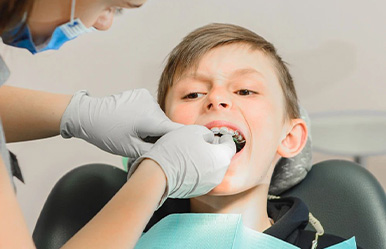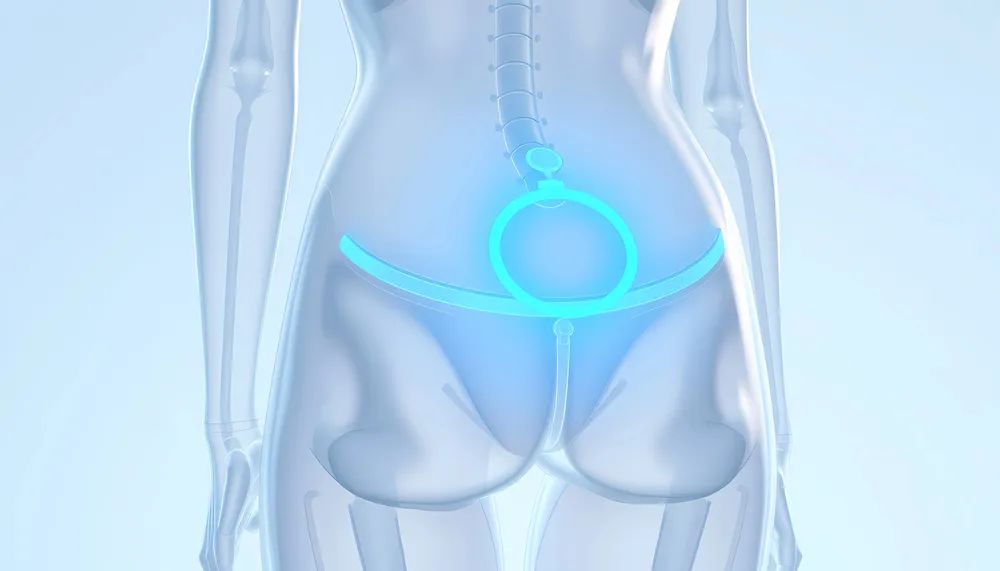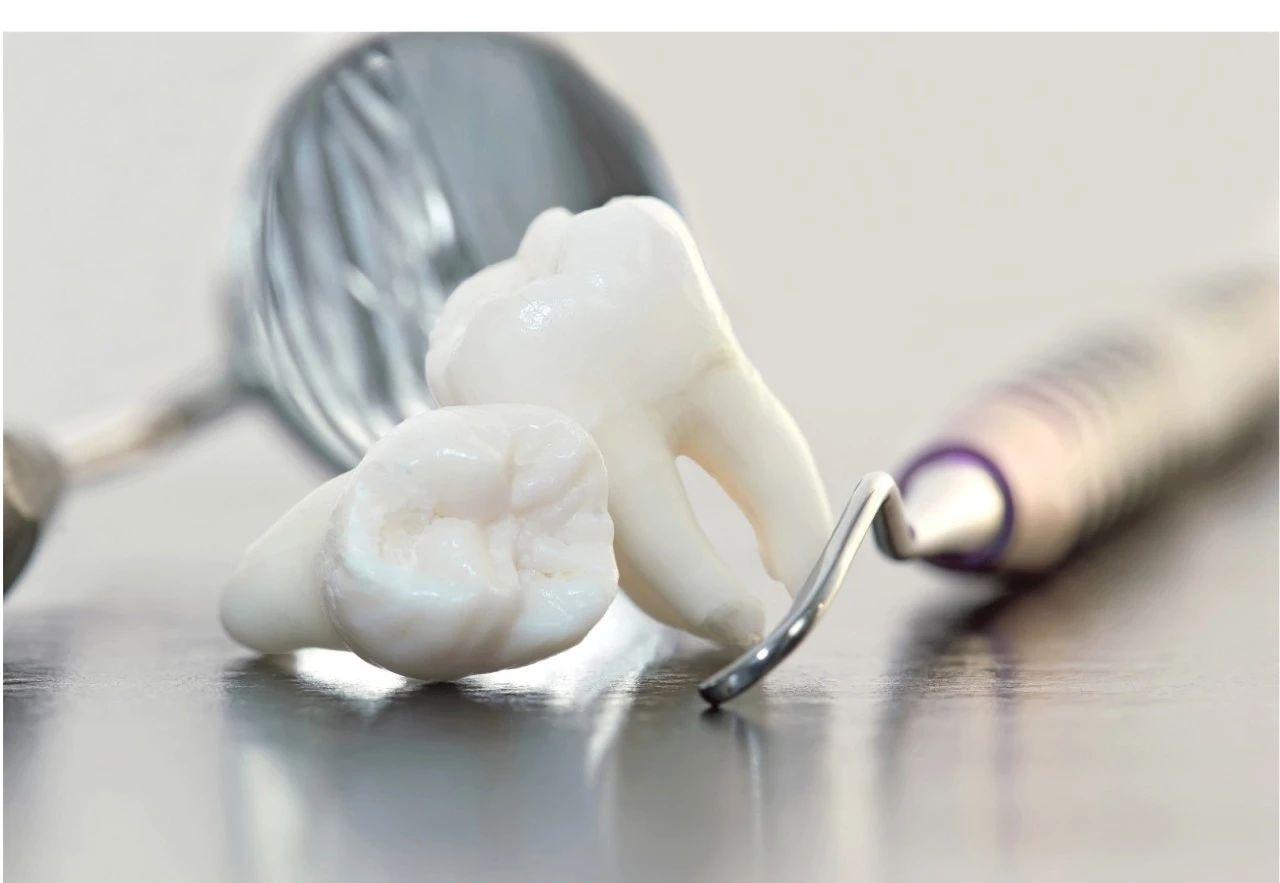10 Things to Know About Children ENT Disorders
2021-04-12

From allergies to flu, when does your child’s ear, nose or throat condition become a cause for concern? Our expert explains.
Pediatric ear, nose and throat (ENT) disorders are some of the primary reasons for children’s visits to the doctor. ENT issues are more prevalent in children because their bodies and immune systems are still developing. Many structures in the ENT region are not fully developed and may be more prone to dysfunction. Children’s ENT ailments can range from colds and flu to allergies and earaches, but some ENT conditions do require more urgent attention. Today we answer 10 questions that parents often ask.
1. What are some of the most common childhood ENT issues you’ve encountered?
Kids come in with all sorts of ENT complaints. I have seen interesting cases of allergies, sinus issues, and night-time sleep disorders, such as snoring and disrupted breathing during sleep, in children from as young as 4 years old.
2. Allergies are known to be on the rise. What are the main allergies you see, and how do you treat them?

The most common allergen are house/dust mites. They could cause nose, eyes, airway and skin symptoms. We offer a spectrum of treatments: nasal sprays, oral medication, desensitization therapy (a form of treatment that helps the body’s immune system fight allergens, it involves sublingual desensitization medicine and desensitization injection).
3. Is there anything that I can do to prevent my child from allergen?
I strongly recommend parents to start from the basics of life. When you take care of child, please avoid over cleaning (although it is difficult to measure). There is growing research suggested that for children exposing to germs may help them to develop stronger defenses against illness like allergic disease. Do not smoke around child. Breastfeeding will also enhance children’ immune system, and healthy, balanced nutrition is also important.
4. How can I help manage the allergic symptoms if they are already present?

If allergic symptoms are already present, it would be good to minimize the child’s exposure to dust, fluffy toys, rugs, carpets, curtains, etc. Also, do change your bed linen regularly. Make sure your air conditioning filters are cleaned frequently. It might also be useful to determine if pets are causing the allergy – dander from cats and dogs can sometimes trigger allergic symptoms.
5. How should I treat a child with a common cold?
Keep an eye on the child’s temperature. As a rule of thumb, you need to get the child to a doctor if their temperature remains at 39.5°C and above. Feed children more water, and let child take some rest. If the child can swallow comfortably, you can give them some vitamin C gummies.
6. When is it time to take a child to the doctors?

Your child should definitely see the doctor if they have:
- Difficulty swallowing fluids
- A temperature that stays at 39.5°C and above
- Seizures or fits
- A rash
- Coughing sounds like dog barking
- A cough lasting more than a fortnight
- A stiff neck or bad headaches, which could be a sign of something more serious
7. When should ENT emergency medical treatment be sought for the child?
Parents should consider taking their child to the ENT emergency room if the child is experiencing symptoms like breathing obstruction, difficulties with swallowing food/liquid, barking cough, nose bleeding, or severe pain in ears, nose or throat, trauma of ears/nose/throat.
Foreign bodies stuck in noses, ears and throats also require immediate medical attention. It’s not a good idea to remove the foreign bodies by parents, this could cause foreign bodies stuck deeply.
8. What should I prepare for my child on the way to the hospital?

When you go to the Emergency department, it is useful to come prepared with the child's identification papers like passport or birth certificate, and of course, your own. If you have an insurance card, document or policy number for e-filing at the Emergency department, that could also help simplify the paperwork.
Distractions can be useful in helping your child cope with a difficult situation. Bring their favorite toys along or prepare an emergency bag filled with items that could comfort your child. Besides, simple hugs and cuddles can also have a soothing effect.
9. I read that antibiotics can disrupt our gut health by killing both the good and bad bacteria. What is your approach to the use of antibiotics?
The use of antibiotics depends on what kind of infection. Because of most childhood cold and flu are viral infection, they are best treated by their own immune systems. But if the children had evidence of bacterial infection (white blood cell high/yellowish runny nose/yellow sputum/ear discharge, etc.), and the symptoms elevate in 3 days or last more than 1 week, the antibiotics are suggested. In short term, it is not harmful for our digestive system, probiotics can be used during the term of using antibiotics.
10. Child as snoring means good sleep?

Snoring sometimes means upper airway obstruction. Short-term of mouth breathing/snoring after catching a cold is normal. Long term of snoring could cause adenoid face, growth retardation, impaired concentration in class. If children have snoring more than 1 month, they need to see a doctor in time to exclude tonsil and adenoid hypertrophy.
For more information or to make an appointment, please contact us at 400.819.6622.
Article reviewed by Dr. Yongjiang Fan, ENT Specialist at ParkwayHealth

Copyright: Health Plus an online health and wellness web resource developed by Parkway Singapore https://www.parkwayshenton.com/healthplus/article/faq-children-ent-disorders
References:
1. Breastfeeding Benefits Your Baby’s Immune System. (n.d.). Retrieved November 29, 2018 from https://www.healthychildren.org/English/ages-stages/baby/breastfeeding/Pages/Breastfeeding-Benefits-Your-Babys-Immune-System.aspx
2. Kids ENT Health Month. (n.d.). Retrieved November 29, 2018 from https://www.entnet.org/KidsENT
3. Zamosky, L. (n.d.). Is Dirt Good for Kids? Retrieved November 29, 2018 from https://www.webmd.com/parenting/features/kids-and-dirt-germs#1





























